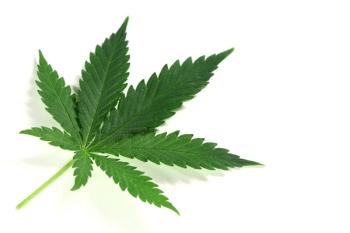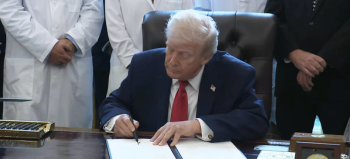
Ringing in the New Year, Louisiana Brings New THC and CBD Resolutions for 2025
Louisiana rings in the new year with new THC and CBD legislation for both the cannabis and hemp industries.
With every new year, brings new changes. To start off 2025, the state of Louisiana is enacting new legislation regarding tetrahydrocannabinol (THC) and cannabidiol (CBD) products (1). In the Bayou State (2), beginning on January 1, 2025, THC and CBD items have had their amounts lowered to 5 mg. Previously, these products were allowed to contain these cannabinoids at 8 mg. Additionally in the new year, gas stations have been banned from selling these types of products and the age limit to purchase cannabis has been raised to the age of 21 (1).
It is believed that through these new additions to the state’s legislation, it will provide some needed safety for consumers as it mandates that higher potency items will need to be regulated and tested, as well as sold in licensed dispensary stores (1). Jordan Younes, owner of 420 Smoke and Liquor shop which has locations in southern Louisiana, mentioned that around 40% of their store’s inventory will need to be perished and thrown out. Younes also stated the challenges of explaining these changes to customers and that these enforcements will hurt their credibility, despite having complied with past regulations (1).
“At the end, it’s not good for either of us as owner as business owners or the consumer. Someone is making money, but not us anymore. Going to be the dispensaries,” Younes commented (1). “With us having all this inconsistency, that makes us look bad to the public, to the customer.”
With these new regulations, Younes believes that not only will his enterprises lose money but that the state of Louisiana as well (1). This may be contributed by consumers seeking to purchase their products out of state, online, or through acquiring medical cannabis cards.
Dr. Randy J. Mire, CEO of Capitol Wellness Solutions, explained (1), “…there are many shops and places like gas stations, that have taken advantage of the loophole and have hurt patients. He says this law stemmed from consumer complaints. This law does not impact his products - as Capitol Wellness Solutions is in the Therapeutic Marijuana industry, not the hemp industry.”
Other regulations beginning on January 1, 2025, are that consumable hemp products will be required to be stored behind the sales counter, this does not include beverages. Bars and restaurants also will not be able to sell hemp-derived THC products unless they acquire a permit entitling them to do so (1).
References
- Kramer, R. THC, CBD regulations coming into effect in 2025 expected to disrupt hemp industry
https://www.msn.com/en-us/money/companies/thc-cbd-regulations-coming-into-effect-in-2025-expected-to-disrupt-hemp-industry/ar-AA1wJFeT (accessed Jan 2, 2025). - Marijuana Policy Project. Louisiana
https://www.mpp.org/states/louisiana/ (accessed Jan 2, 2025).
Newsletter
Unlock the latest breakthroughs in cannabis science—subscribe now to get expert insights, research, and industry updates delivered to your inbox.




